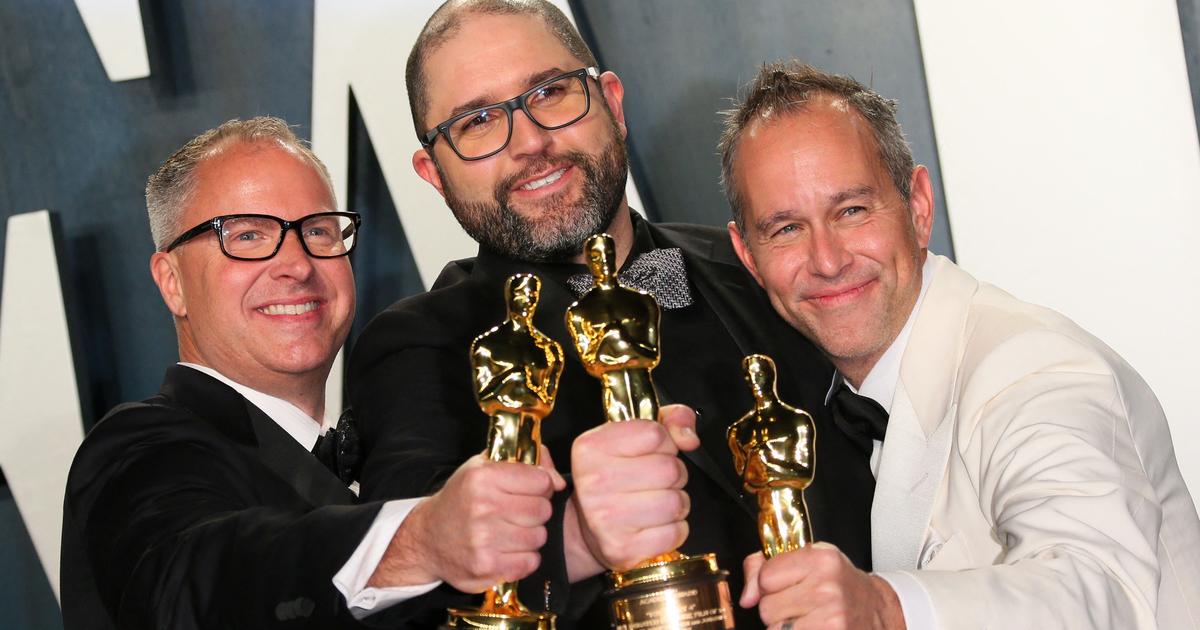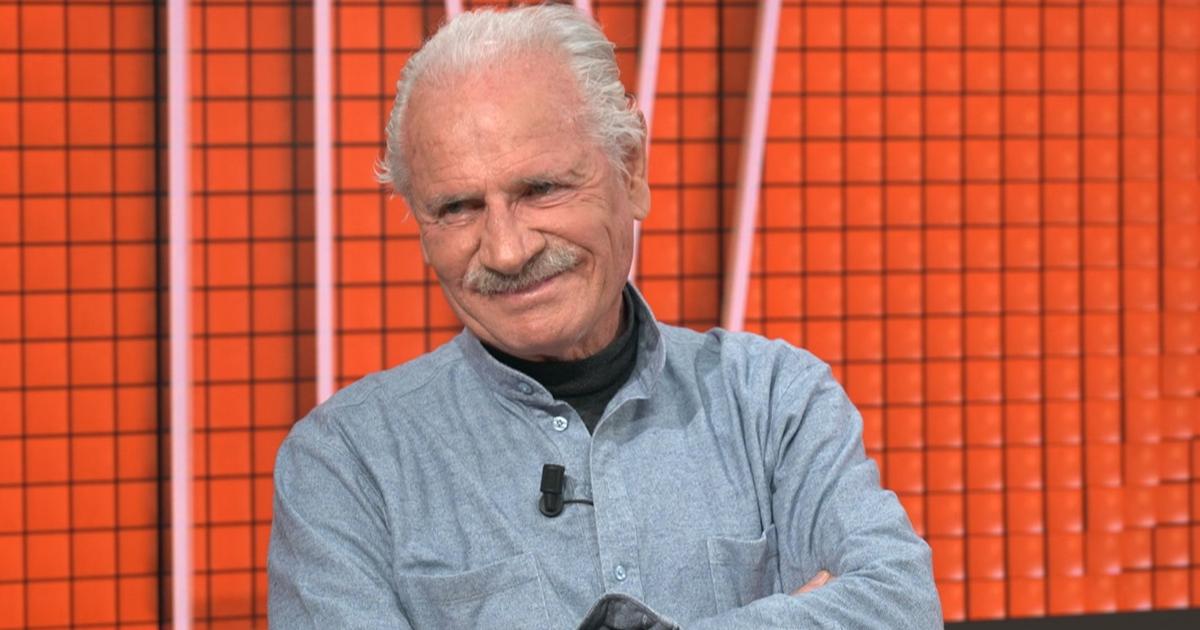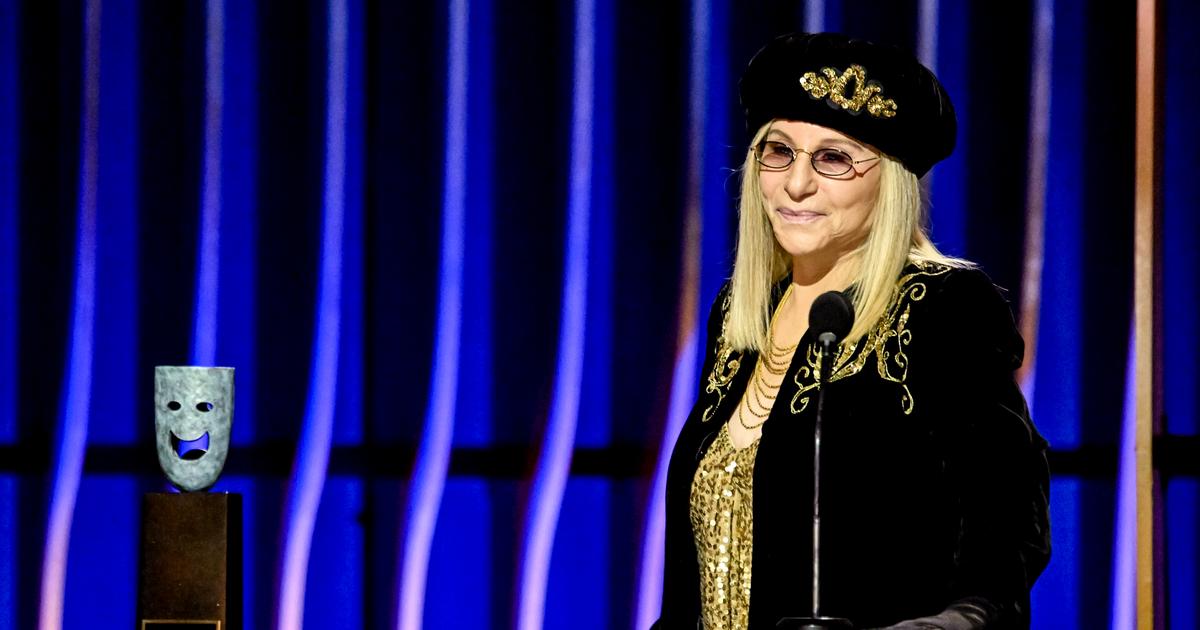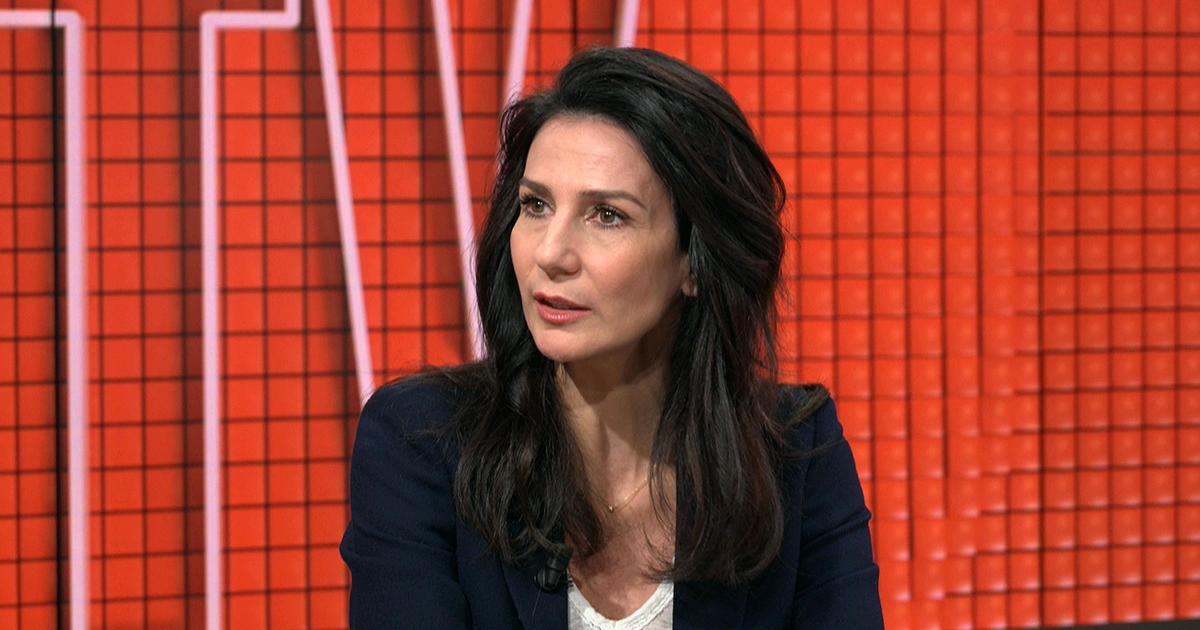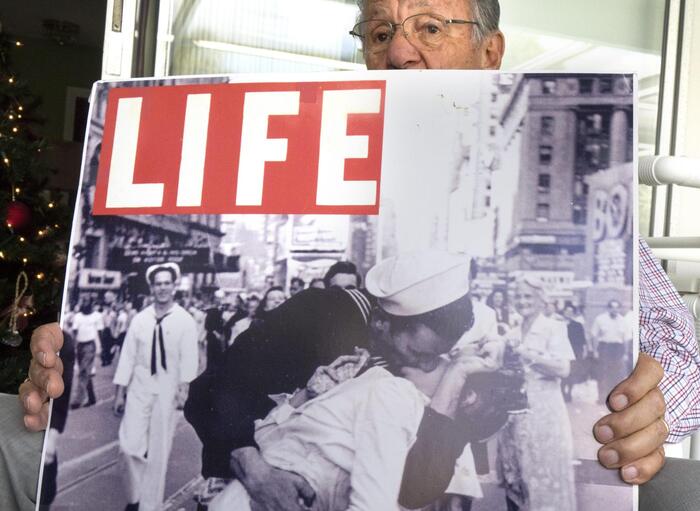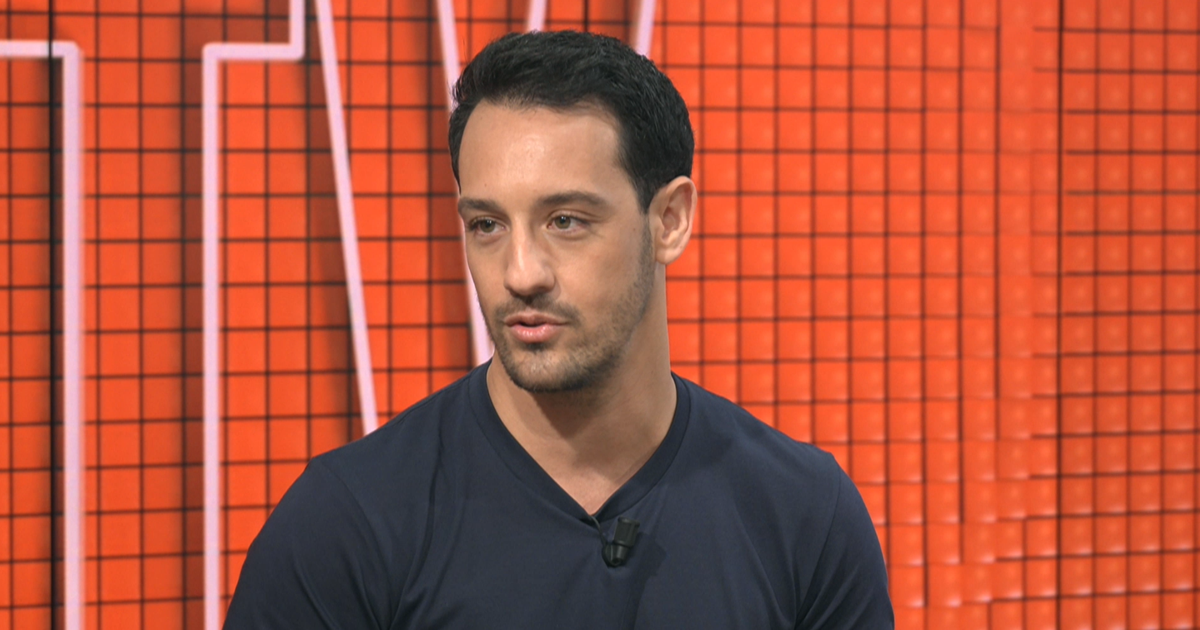Disney is no longer popular in some countries.
Blame it on the multiplication of references to LGBTQ people in the films of the entertainment leader.
The latest animated film from Pixar studios, "Buzz Lightyear", which contains a fleeting kiss scene between two women living together, for example, did not obtain an operating permit in fourteen countries and territories in the Middle East. East and Asia, we learned on Tuesday from a source with access to the file.
According to this source, the list of these countries, which are overwhelmingly Muslim, is as follows: Malaysia, Indonesia, Lebanon, Jordan, Bahrain, Egypt, Kuwait, Oman, Qatar, Saudi Arabia, the Palestinian Territories, Syria, Iraq and the United Arab Emirates which announced the decision on Monday.
"Buzz Lightyear" retraces the birth of the intrepid astronaut made famous by the "Toy Story" saga.
In the film, Buzz and his fellow space rangers, including his leader and best friend Alisha Hawthorne, crash land on a hostile planet.
At one point in the film, Alisha's character can be seen briefly kissing her wife.
“We suggested to the owners of the film to think about their audience in Indonesia, where a kiss between LGBT people is still considered sensitive,” Rommy Fibri Hardiyanto, head of the censorship commission, told AFP. from the Indonesian Ministry of Education and Culture.
The film has not been strictly speaking banned in Indonesia, but the authorities say they are still waiting for the "final version" requested from Disney, in particular with the subtitles.
“The ball is in their court,” said Rommy Fibri Hardiyanto.
In Malaysia, the censorship board asked Disney to cut two scenes "which are not suitable for children", said a Home Ministry official who asked to remain anonymous.
The request was made last week and Disney has not yet responded to Malaysian authorities, the official added, who did not specify which two scenes were involved.
“That kiss was important to us”
Ironically, the scene was originally cut by Disney subsidiary Pixar Studios.
But Pixar and Disney employees protested, criticizing the attitude of the world's leading entertainment company, accused of not committing to defending the rights of LGBTQ + people.
The controversy was further reignited after the adoption in Florida of a controversial law prohibiting teaching on sexual orientation in public schools.
Bob Chapek, the CEO of the company which employs more than 75,000 people at its Disney World theme park in Orlando, in the southeastern state of the United States, had found himself in turmoil after he said he hesitated to oppose this law.
Under pressure, Bob Chapek had finally publicly denounced this law.
According to specialized Hollywood media, it was following this controversy that the kissing scene was reinserted in "Buzz Lightyear".
She now appears in all versions of the film, regardless of the country of destination.
VIDEO.
Florida: deemed too “woke”, Disney World will lose its advantages established in the 1960s
The film's producer, Galyn Susman, broached the subject in early April when presenting the film to the press.
“Being able to deliver that kiss was important to us.
It's a touching moment ”with great plot significance because it allows Buzz to realize that, unlike his friend, he does not have a loved one or a child, she explained.
But the producer had insisted that "we always had the lesbian couple" formed by Alisha and her wife, who they had despite the initial cut "always been part of the film".
The United Arab Emirates' Media Regulatory Office announced on Monday the ban on the animated film "due to a violation of the country's media content standards".
Authorities did not say how “Buzz Lightyear” violated those standards or whether the kissing scene between two women was specifically at issue.
Censorship is a widespread practice in the Arab world, especially in the very conservative Gulf region.
Films that contain scenes considered to be injurious to morals are often cut or even completely banned.
At the end of April, Saudi Arabia had already asked Disney to remove an "LGBTQ reference" from the film "Doctor Strange in the Multiverse of Madness" so that it could be released in theaters in the kingdom.


